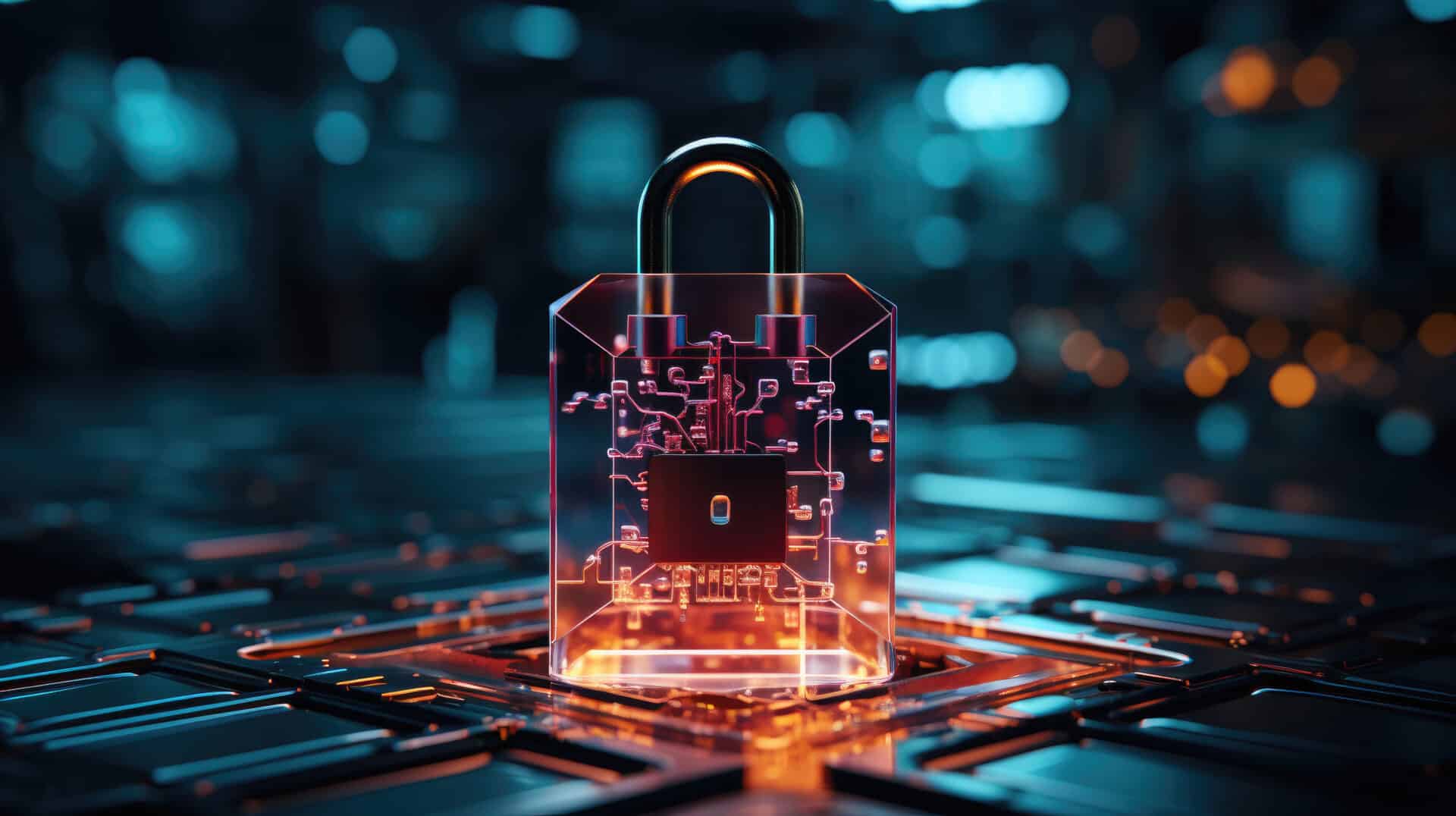To protect your business from potential disasters, understanding what security audits are, recognizing their importance, and implementing them as a regular practice should be a necessity. Cyberattacks are continuously evolving, which means cybersecurity has to do the same to keep your business and its data safe. But how do you go about doing so, and why are security audits so important to the overall success of your cybersecurity plan?
Read on as we look more closely at security audits, including the importance of regular security audits for your business, how to implement regular security audits, and how to embrace a continuous improvement mindset to better your business.
What Are Security Audits?
Security audits are systematic examinations of the information systems, processes, and policies of your business. They help to identify vulnerabilities and assess the effectiveness of security controls. These audits are not about finding faults but rather about proactively identifying and addressing potential risks before they can be exploited by cybercriminals. Think of security audits as a comprehensive health checkup for your business’s digital well-being.
The Importance of Security Audits
But why are they so important to cybersecurity? Here are some of the top things that make them so important:
Identifying Vulnerabilities
Security audits serve as a detective tool, uncovering vulnerabilities and weaknesses in your systems. By identifying these potential entry points for cyber threats, businesses can take corrective action before malicious actors exploit them.
Ensuring Regulatory Compliance
Many industries have specific regulations and compliance standards regarding data protection. Regular security audits help ensure that your business remains in compliance with these regulations, avoiding costly penalties and legal consequences.
Preserving Customer Trust
Security breaches can severely damage your reputation and diminish the trust your customers place in your business. Regular security audits demonstrate your commitment to safeguarding sensitive information and help to reinforce customer trust and loyalty.
Protecting Intellectual Property
For businesses relying on intellectual property, security audits help protect assets such as proprietary software, algorithms, or trade secrets from theft or compromise. This, in turn, preserves your competitive edge in the market.
Preventing Financial Loss
The financial repercussions of a cybersecurity breach can be staggering. There are the costs associated with resolving a breach, and there are also potential legal liabilities and loss of business to account for. Security audits are a proactive measure to prevent these significant financial losses.
How to Implement Regular Security Audits
If you’re looking to implement regular security audits in your business, start with these eight steps:
- Define Clear Objectives: Start by clearly defining the objectives of your security audits. Whether it’s assessing network vulnerabilities, evaluating data protection measures, or ensuring compliance with specific regulations, having a clear focus will guide the entire audit process.
- Conduct Regular Risk Assessments: Regular risk assessments are the foundation of effective security audits. Identify and prioritize potential risks based on their likelihood and potential impact. This proactive approach enables you to allocate resources where they are needed most.
- Engage External Auditors: While internal teams play a crucial role, external auditors bring an unbiased perspective to the table. Engage third-party cybersecurity experts to conduct comprehensive audits, providing an objective evaluation of your security posture and identifying blind spots that may have been overlooked internally.
- Test Incident Response Plans: An effective security audit goes beyond identifying vulnerabilities; it tests your organization’s preparedness to respond to incidents. Simulate various cybersecurity scenarios to evaluate the effectiveness of your incident response plans and identify areas for improvement.
- Stay Informed About Emerging Threats: Cyber threats are constantly evolving, and so should your security audits. Stay informed about the latest cybersecurity threats and tactics employed by malicious actors. Tailor your security audits to address emerging risks specific to your industry and business environment.
- Regularly Update Security Policies: Security policies are living documents that should evolve alongside the threat landscape. Regularly update and communicate security policies to ensure they remain effective in addressing current cybersecurity challenges. Educate employees about any changes and reinforce the importance of compliance with these policies.
- Implement Penetration Testing: Penetration testing, or ethical hacking, involves simulating real-world cyber-attacks to identify vulnerabilities in your systems. By actively attempting to exploit weaknesses, penetration testing provides valuable insights into how well your defenses hold up against potential threats.
- Automate Security Auditing Processes: Leverage technology to automate routine security auditing processes. Automated tools can continuously monitor and assess your systems, providing real-time insights and reducing the manual workload on your cybersecurity teams.
Embracing a Continuous Improvement Mindset
Embracing regular security audits also involves embracing the idea of continuous improvement. This mindset can be tricky for some and overwhelming for others, but it has many benefits in the business world.
To fully embrace the continuous improvement mindset, consider the following:
Learn from Incidents
Treat every security incident, whether minor or major, as a learning opportunity. After addressing a breach or vulnerability identified during an audit, conduct a thorough post-incident analysis. Understand the root cause, evaluate the effectiveness of your response, and use these insights to refine your security protocols.
Encourage Collaboration and Communication
Cybersecurity is a collective effort that involves every department in your organization. Foster a culture of collaboration and open communication between IT, security teams, and other departments. Encourage employees to report potential security concerns promptly, creating a more responsive and proactive security environment.
Utilize Threat Intelligence
Stay ahead of cyber threats by leveraging threat intelligence sources. Incorporate real-time information about emerging threats, vulnerabilities, and attack patterns into your security audits. This proactive approach allows you to adapt your security measures based on the latest threat landscape, reducing the risk of falling victim to new and sophisticated attacks.
Benchmark Against Industry Standards
Regularly benchmark your security measures against industry standards and best practices. This external comparison helps you identify areas where your security posture may lag behind or excel. Adjust your security strategies based on these benchmarks to align with or exceed industry standards.
Invest in Advanced Security Technologies
As cyber threats evolve, so do the tools and technologies designed to combat them. Stay abreast of advancements in cybersecurity technologies and consider investing in state-of-the-art solutions. Technologies such as artificial intelligence (AI), machine learning, and behavioral analytics can enhance your ability to both detect and respond to cyber threats.
To get the best IT services for your business, partner with CMIT Solutions Houston SW. Our team will make certain you have everything your business needs. Contact us today to get started!





